
Have you heard the news!!!!!!
We are excited to share some great RKEDF training opportunities coming up in July 2024!
Click on the titles to find further details and book your place!!!!
AHRC & ESRC: How to write an application in the new format for the Funding Service
Thursday, July 4, 11:00 – 13:00 – Online
The session will cover the requirements for the new UKRI application format. We will discuss the application structure focusing on AHRC and ESRC and the sections and how to complete them. The session will be framed with more general information on the various Research Councils that comprise UKRI and best practice in writing applications for external research funding.
Principal Investigation – Post Award for RKE
Wednesday, July 10, 14:00 – 15:00 – Online
This session is aimed at any researcher who is, who plans to be, a Principal Investigator for an externally funded research or knowledge exchange project.
New Generation Thinkers 2025 – AHRC/BBC Radio 4
Thursday, July 11, 11:00 – 13:30 – F112 – Fusion Building – Talbot Campus
This is our annual new generation thinkers’ workshop, where we look at the call, requirements, eligibility and having a panel chair and member’s point of view. For early career researchers and PGRs who want to share their research with the public.
Call information: Develop your media skills with the New Generation Thinkers scheme. The scheme is a partnership between the Arts and Humanities Research Council (AHRC) and the BBC.
Building a Policy Influencing Strategy
Friday, July 12, 9:30 – 16:30 and Thursday, July 18, 9:00 – 16:00 – Zoom
A one-day online workshop for up to eight researchers, delivered via Zoom and facilitated by public affairs and policy consultant Carys Davis, from The Other Place.
The session will enable participants to:
- develop key messages, supporting narratives and evidence, identify and map their audience, gain insight into the channels available for influencing.
RKEDF: ECRN: Where do you begin with Research funding?
Friday 12th July – 10:00-12:00 – Online
The workshop is aimed at researchers from across BU at either postdoctoral or early career stage. It will focus on funders including (but not limited to) the AHRC, UKRI, British Academy, Welcome Trust, and NIHR.
Are you an Early Career Researcher interested in applying for research funding but unsure where to start? In this BU ERC Network special session, professional bid writing consultant Sally Baggott (PhD) offers her insights in the contemporary funding landscape for ECRs,
———————————————————————————————
Please assist us in avoiding any waste of resources; make sure you can attend or cancel your booking prior to the session.
For more training opportunities, please visit the ‘SharePoint site’ here.
For any further information, please contact: RKEDF@bournemouth.ac.uk
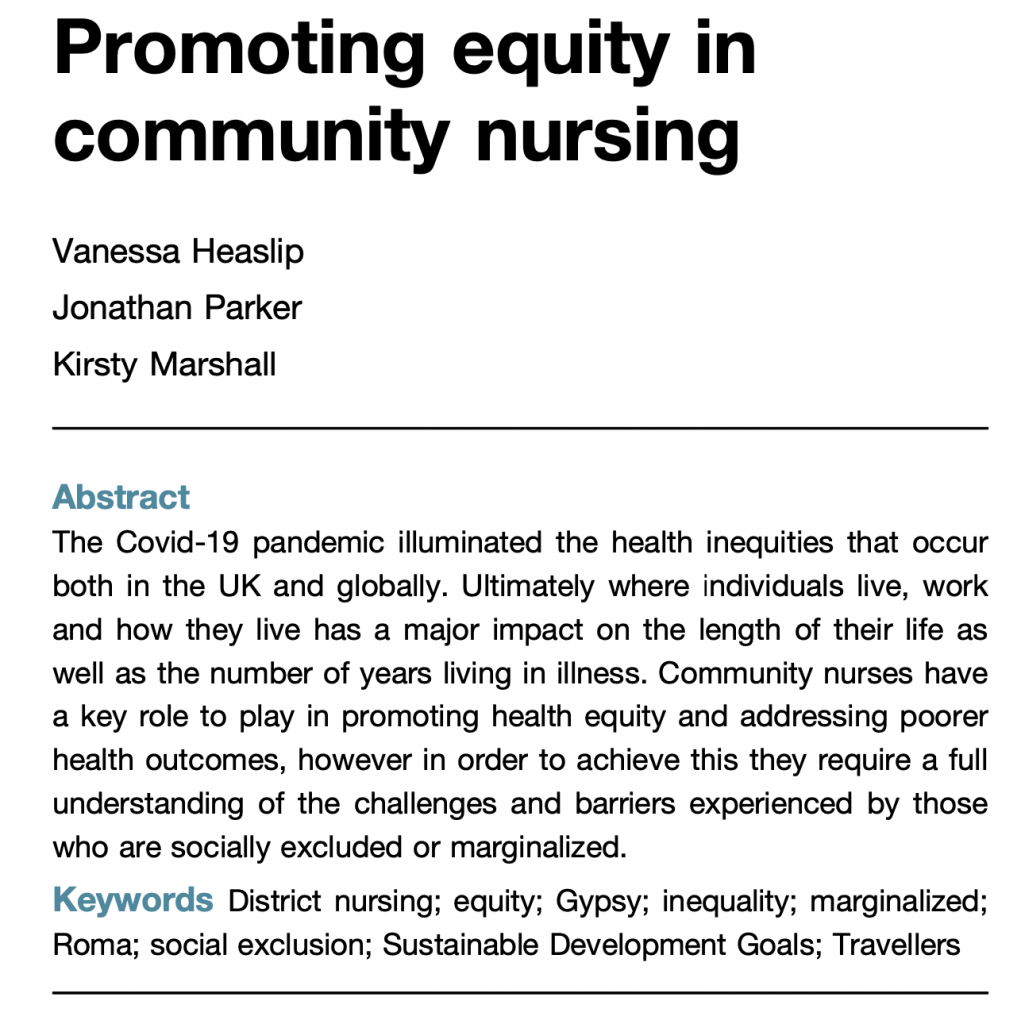 This paper links to the Sustainable Development Goals (SDGs) published by the United Nations (UN) in 2015 in order to promote health, well-being and economic security for all. Bournemouth University, of course, is among the best universities worldwide for its sustainability, according to the new Times Higher Education (THE) Impact Rankings. BU was ranked 39th out of 1,963 universities measured against the UN Sustainable Development Goals (UNSDGs) internationally in June 2024.
This paper links to the Sustainable Development Goals (SDGs) published by the United Nations (UN) in 2015 in order to promote health, well-being and economic security for all. Bournemouth University, of course, is among the best universities worldwide for its sustainability, according to the new Times Higher Education (THE) Impact Rankings. BU was ranked 39th out of 1,963 universities measured against the UN Sustainable Development Goals (UNSDGs) internationally in June 2024.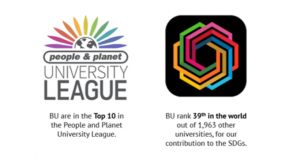 Heaslip and colleagues remind us that is worth considering the degree to which these influence one’s professional practice. They offer a reflective activity on the issue, see Box 1 ‘Community nurses and the SDGs’ .
Heaslip and colleagues remind us that is worth considering the degree to which these influence one’s professional practice. They offer a reflective activity on the issue, see Box 1 ‘Community nurses and the SDGs’ .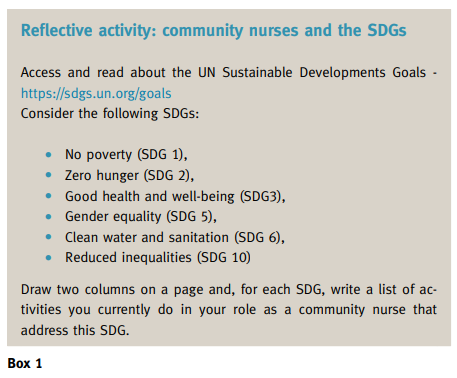

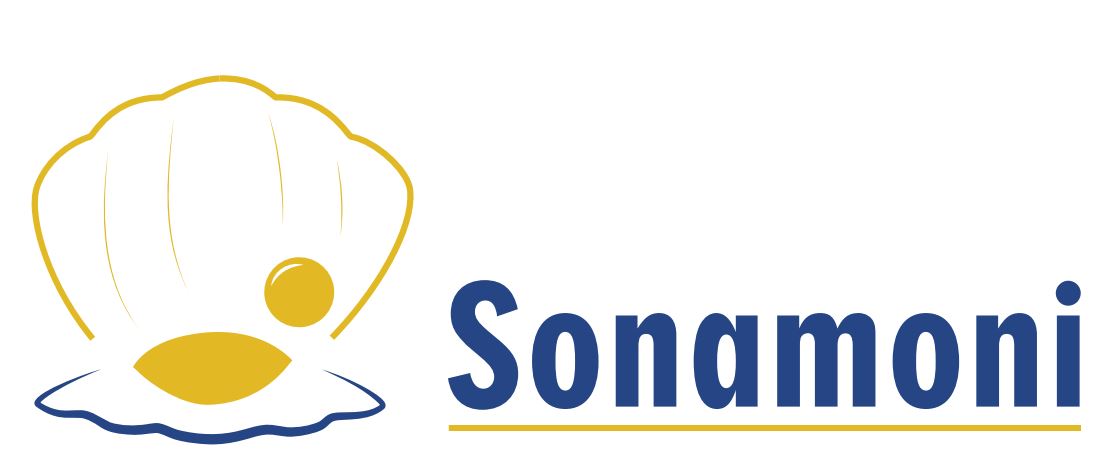





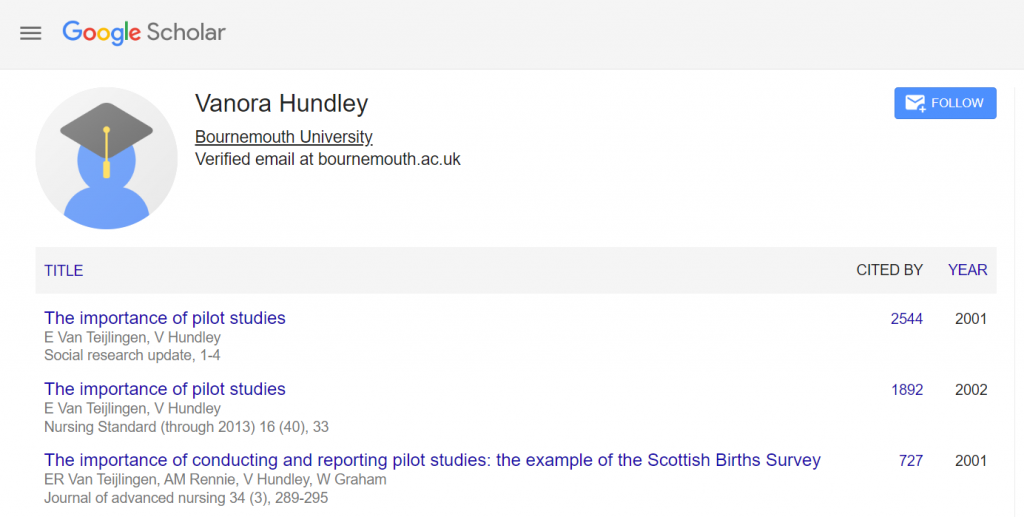
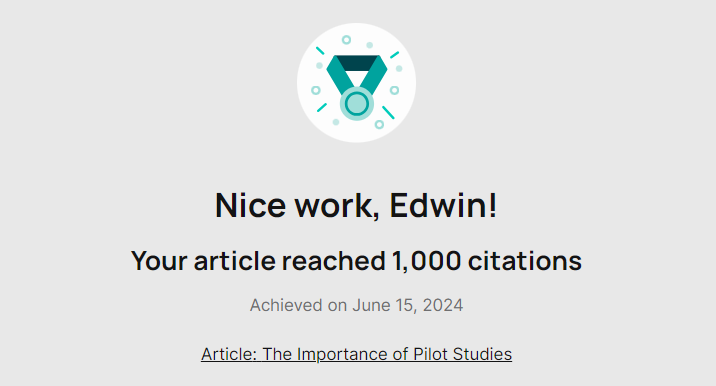
 We have a small number of places available on our Building a Policy Influencing Strategy workshops on Friday 12th and Thursday 18th July.
We have a small number of places available on our Building a Policy Influencing Strategy workshops on Friday 12th and Thursday 18th July.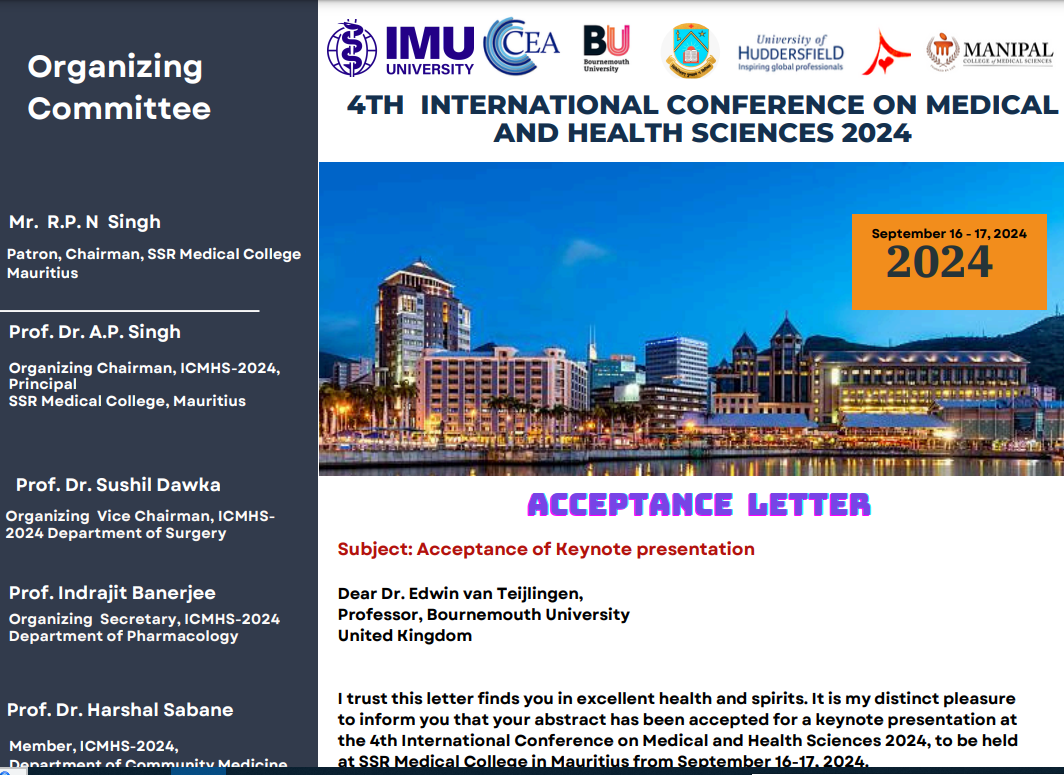
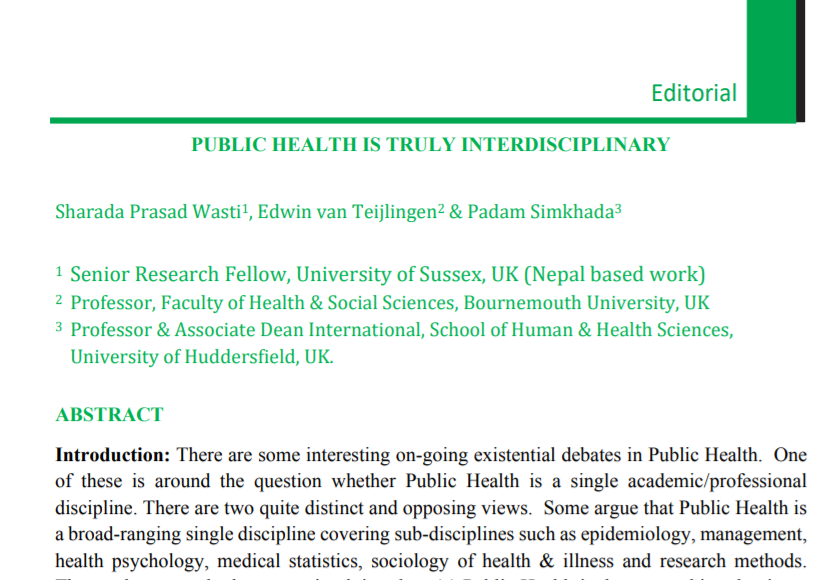
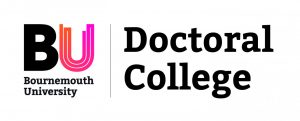











 Visiting Prof. Sujan Marahatta presenting at BU
Visiting Prof. Sujan Marahatta presenting at BU 3C Event: Research Culture, Community & Can you Guess Who? Friday 20 March 1-2pm
3C Event: Research Culture, Community & Can you Guess Who? Friday 20 March 1-2pm Beyond Academia: Exploring Career Options for Early Career Researchers – Online Workshop
Beyond Academia: Exploring Career Options for Early Career Researchers – Online Workshop UKCGE Recognised Research Supervision Programme: Deadline Approaching
UKCGE Recognised Research Supervision Programme: Deadline Approaching SPROUT: From Sustainable Research to Sustainable Research Lives
SPROUT: From Sustainable Research to Sustainable Research Lives ECR Funding Open Call: Research Culture & Community Grant – Apply now
ECR Funding Open Call: Research Culture & Community Grant – Apply now ECR Funding Open Call: Research Culture & Community Grant – Application Deadline Friday 12 December
ECR Funding Open Call: Research Culture & Community Grant – Application Deadline Friday 12 December MSCA Postdoctoral Fellowships 2025 Call
MSCA Postdoctoral Fellowships 2025 Call ERC Advanced Grant 2025 Webinar
ERC Advanced Grant 2025 Webinar Update on UKRO services
Update on UKRO services European research project exploring use of ‘virtual twins’ to better manage metabolic associated fatty liver disease
European research project exploring use of ‘virtual twins’ to better manage metabolic associated fatty liver disease